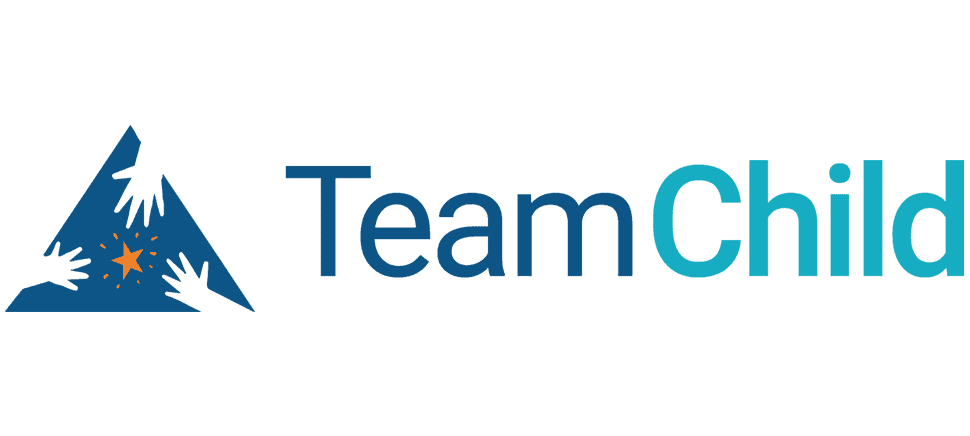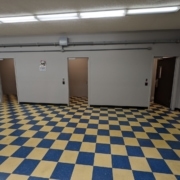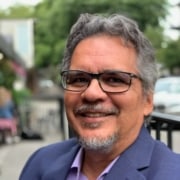Institutional Education Task Force
We know from our work with young people across the state, juvenile court involvement does not produce good educational outcomes. The 2017 Washington State Center for Court Research report Students Before and After Juvenile Court Dispositions makes clear that juvenile justice involvement does not improve and in fact worsens the educational outcomes of students.
As one partial response to this long standing problem, in March 2020, the WA state legislature passed a bill (ESHB 2116) establishing a task force on Institutional Education, which means the education provided to youth who are housed in our state prisons, county detention facilities, and other public institutions. Spearheaded by Representative Callan, whose District houses 70-100 youth at the Echo Glen Children’s Center, a state prison run by DCYF/Juvenile Rehabilitation, this task force aims to understand the inequities and gaps in educational services provided to youth who are incarcerated and propose solutions to improve the system of education and the outcomes for youth who are served by it. TeamChild Managing Attorney Karen Pillar is a member of the Task Force, which meets monthly between June and December.
The questions being considered by the Task Force are more than urgent. Alarm bells sounded over a year ago when the Issaquah School District, the District responsible for the education of youth at Echo Glen, indicated that the funding model in place would cut the number of teachers available to teach at Echo Glen by more than 50%. As revealed in an OSPI complaint filed by TeamChild, the 2019/2020 school year proved to be as bad as expected for the students at Echo Glen, even before the stay home orders left all school districts scrambling to address equitable education.
The work of the Task Force and others addressing the educational needs of youth in county and state institutions must entertain and envision a new model for providing education to a wide range of youth, from age 12 to 25, with a variety of learning styles and academic needs who also spend a varying amount of time inside and transitioning out of county detention and state institutions. The work is also urgent for every state and county agency to meet its commitment to equity. Black and brown youth are disproportionately sent to detention and state institutions, exacerbating preexisting education inequities. While TeamChild is at the table to voice our perspective about the educational rights of youth we have represented, we continue to work alongside those in the community to end the use of detention and state prisons for youth.



